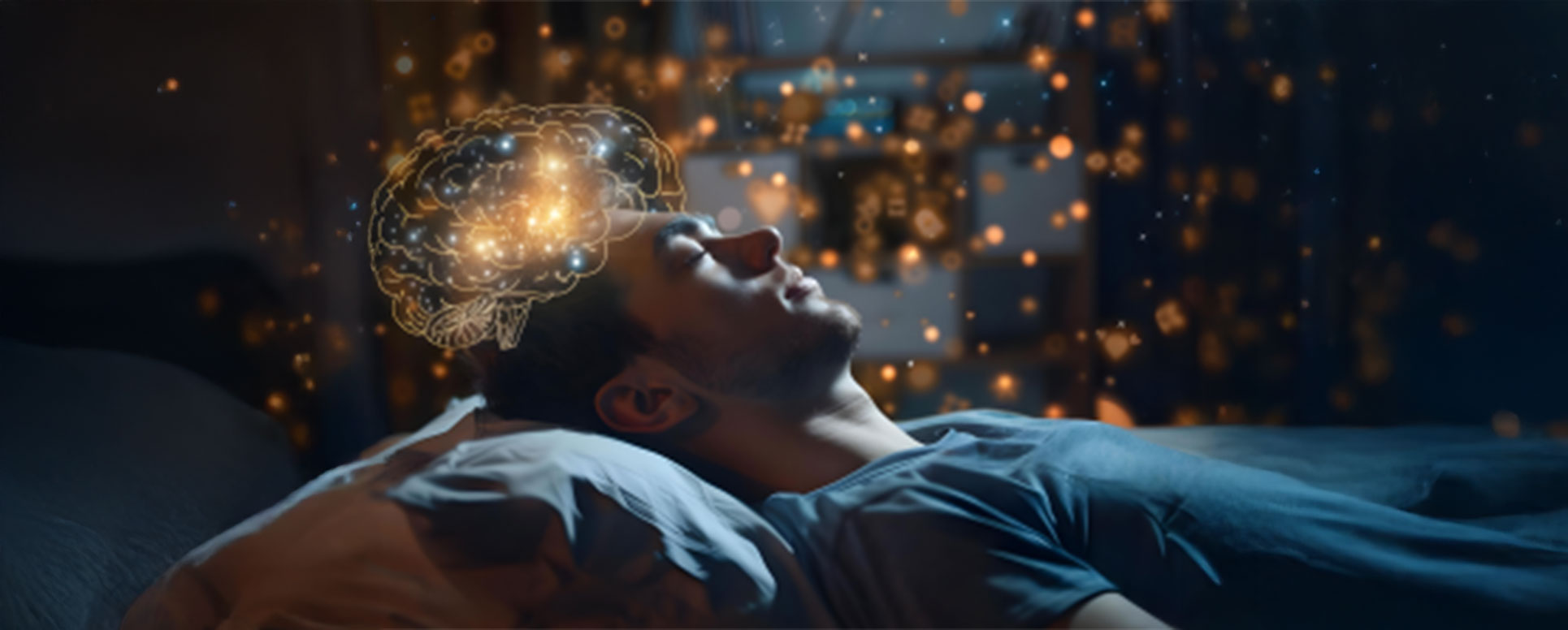
The Power of Sleep for Memory
Sacrificing sleep is one of the worst things you can do for your brain. According to neuroscientist Dr. Matthew Walker, sleep is a critical process that makes memories permanent. Deep NREM sleep "saves" what you learn during the day, while REM sleep integrates this information, boosting creativity. This article explores why quality sleep is non-negotiable to make the benefits of your Witmina brain training last. Discover how sleep solidifies the gains from your daily mental workouts.
The Forgotten Power of Sleep: How Sleep Strengthens Memory and Learning Through the Eyes of Neuroscientist Dr. Matthew Walker
In the modern world, sleep is often seen as the first thing to sacrifice. We steal from our sleep to work more, to socialize more. However, world-renowned neuroscientist Dr. Matthew Walker, a professor at UC Berkeley and author of the groundbreaking book Why We Sleep, argues that this approach is one of the greatest injustices we do to our brains. According to Walker, sleep is not a luxury, but a non-negotiable biological necessity that optimizes our mental performance and memory.
So, what exactly happens in our brain when we close our eyes that makes sleep so indispensable?
1. Saving the Memory Files: Deep NREM Sleep New information we learn during the day is temporarily stored in the hippocampus, the brain's primary storage area for memory. Dr. Walker describes the hippocampus as a small USB stick; its capacity is limited. At night, especially during the NREM (Non-REM) stage of sleep, the brain generates powerful brainwaves called "sleep spindles." These waves transfer the memories recorded on the USB stick (hippocampus) during the day to the brain's much larger hard drive (the cortex). Without this "saving" process, no space is cleared in the hippocampus to learn new things the next day, and memories do not become permanent.
2. Integrating Information and Creativity: REM Sleep The REM stage of sleep, where we dream, is like an "information internet" where the brain takes this newly saved information and connects it with all our past experiences. REM sleep increases our problem-solving and creativity skills by forming unexpected connections between memories. As Dr. Walker states, "Sleep is not about memorizing information; it is about understanding it."
Making Your Witmina Workouts Permanent This scientific fact directly affects the benefits you get from cognitive exercise platforms like Witmina.
- The challenging memory, attention, and problem-solving workouts you do with Witmina during the day load new information into your brain's hippocampus.
- A quality night's sleep then ensures that these newly acquired skills and strengthened neural connections are transferred to permanent memory. After a sleepless night, a large part of the mental exercise you did during the day can be erased without being "saved."
Conclusion: If you want to maximize your mental potential, you must focus not only on what you do when you are awake, but also on what happens when you are asleep. As evidenced by Dr. Matthew Walker, sleep is the most effective thing we can do for our mental health. Challenge your brain with Witmina, but give your sleep the value it deserves to reap the rewards of that challenge.
Bibliography (Verifiable and Real):
- Walker, M. P. (2017). Why We Sleep: Unlocking the Power of Sleep and Dreams. Scribner/Simon & Schuster.
- Stickgold, R. (2005). Sleep-dependent memory consolidation. Nature, 437(7063), 1272-1278.

